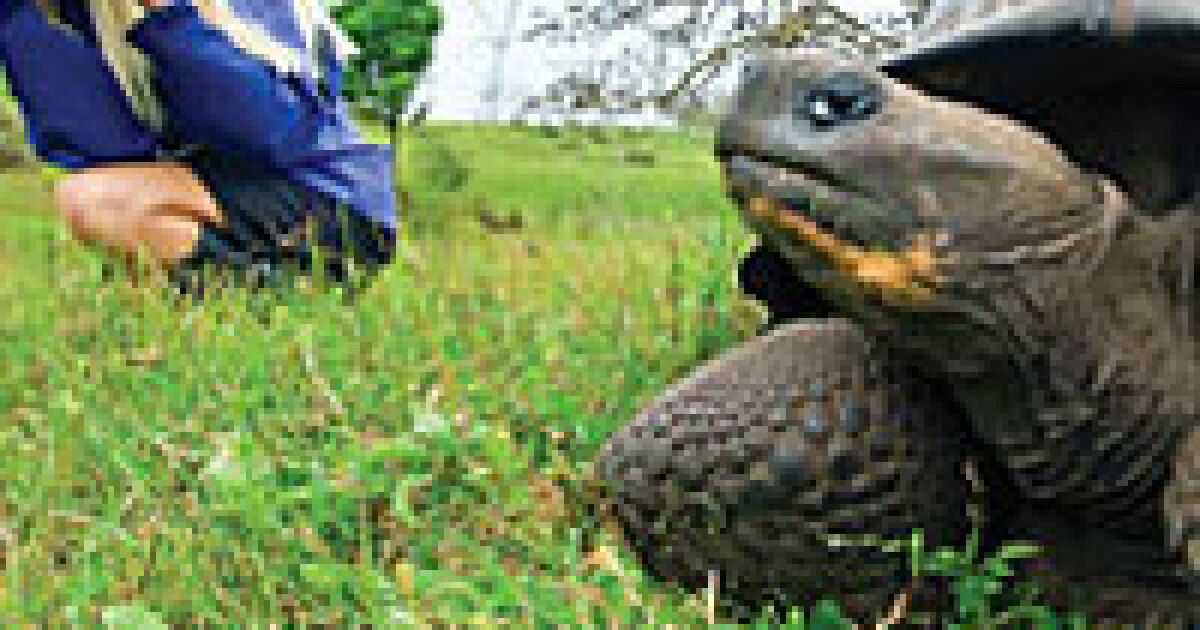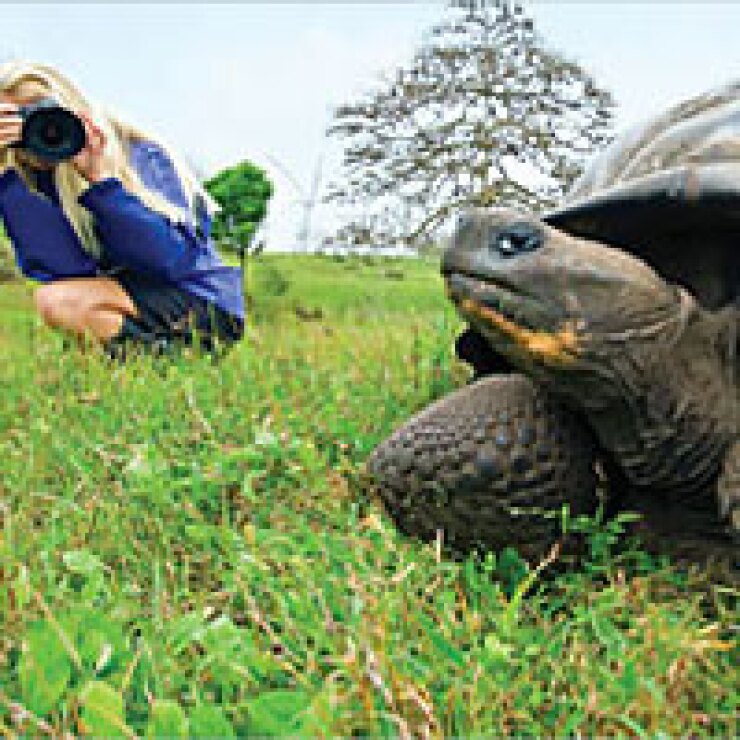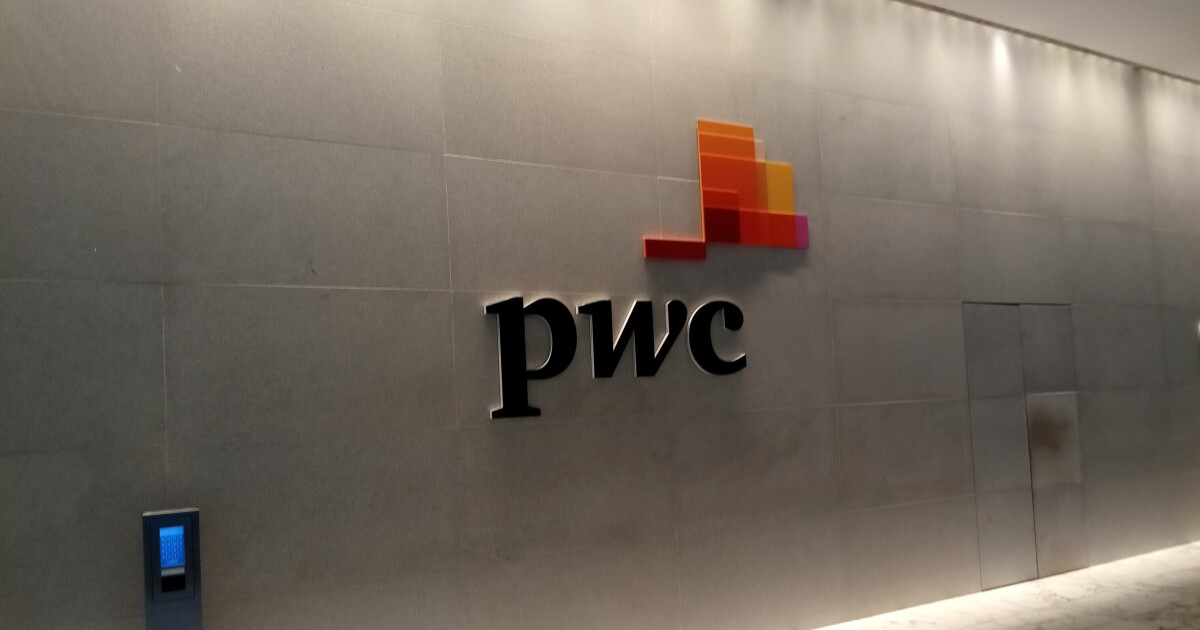Deloitte auditors have been turning their attention to climate risks affecting clients who need to deal with a growing array of regulations and laws around the world as the pace of climate change accelerates.
With Monday, April 22, marking the 54th anniversary of Earth Day, the accounting profession is playing a greater role in sustainability reporting and assurance for many organizations that are trying to comply with the European Union’s Corporate Sustainability Reporting Directive, the International Sustainability Standards Board’s S1 and S2 standards for sustainability and climate-related disclosures, and the Securities and Exchange Commission’s recently issued rule on climate-related disclosures, which is current on hold due to lawsuits.
Big Four firms like Deloitte have been doing more work in the sustainability space to help clients account for their impact on nature in response to these types of requirements, as well as demand from investors and the public. “The world is evolving to account for nature, and that means there’s different guidance and frameworks looking into value in nature, and who better to do this than accountants?” said Stephanie Cardenas, an audit and assurance senior manager at Deloitte. “It has to do with how accountants have evolved in the profession.”
Her own career has progressed from working in the Galapagos Islands studying the impact of tourism on the global ecosystem to a career at Deloitte, while working in between with different environmental groups.
“I’m a Deloitte ‘boomerang’ which means I was once at Deloitte Ecuador, and then I moved to New York, and then went back to Deloitte,” she explained. “How everything started was I saw what tourism was doing to the natural environment during my days in the hospitality industry and then I wanted to become part of the solution. I worked with some companies in the Galapagos Islands on tourism and focused with different NGOs — local and also from the U.S. — around what can be done within the Galapagos Islands on different projects.”
She worked on conservation projects to preserve the endemic species of trees in the Galapagos and the larger ecosystem. Then she studied for a master’s degree in sustainability to focus her career on this area. She has worked with the Galapagos Conservancy as well as the World Wildlife Fund Ecuador. And now that she’s at Deloitte, she’s working with her fellow auditors at CPAs.
“Here at Deloitte, I think there’s that magic sauce,” she said. “I work with CPAs and people that have done audit and assurance for a longer period of time. My background is much more technical. Pairing those two really helps our clients in this space meet those regulatory requirements with the process, controls and assurance in mind.”
She sees more of a demand for sustainability reporting and assurance from clients to comply with the various rules. frameworks and standards. In addition to the EU and SEC rules and the ISSB standards, the Global Reporting Initiative has developed sustainability and biodiversity standards and the Taskforce on Nature-related Financial Disclosures offers a set of disclosure recommendations and guidance.
“I have been working on the voluntary side and helping clients work on the more regulatory lens,” said Cardenas. “I did a secondment thanks to Deloitte on TNFD, the Taskforce for Nature-related Financial Disclosures. That was a fantastic experience seeing groups come together and really think through with that science lens what’s practical to really look into nature-related risks.”
The TNFD has been partnering with the European Financial Reporting Advisory Group and the ISSB, she noted. The EU has promulgated not only the CSRD but also the Regulation on Deforestation Free Products, which deals with seven categories of forest risk commodities: timber, cattle, soy, palm oil, cocoa, coffee and rubber. Under the EU Deforestation Regulation, those types of products will no longer be sold in the EU if they come from areas affected by deforestation or forest degradation practices.
“If you’re importing or exporting from the EU, and this is part of your materials you used in your products, you will have to look into a due diligence process, ensuring that these products are not coming from deforested land,” said Cardenas.
In the U.S., such guidelines are still mostly voluntary, but as states like California promulgate their own climate-related disclosures, U.S. companies may be forced to abide by such rules as well.
“I think it’s very important for companies to think about this,” said Cardenas. “You can see specifically there’s an evolution of the market, and that’s what we’re seeing with our clients as well. Probably everything started on that voluntary lens, then going more into a must have and it’s mandatory. All the supply chain disruptions are forcing companies to rethink in the short term and the long term about where those materials are coming from. Are they coming from clear cutting? Is it deforested land? Is it land degradation? How are you impacting IPLC, a term for Indigenous People in Local Communities? Thinking of this as more of a systems problem, that’s where we help our clients put the pieces together and not see nature and climate as separate, but bringing it together as one topic. To be strategic about it, you need to approach it with that lens.”
Auditors will also need to be sure that companies are properly reporting the impacts on the climate, vetting the claims, in some cases by visiting these places to see whether they’re really fulfilling what they say they’re doing, although in the Galapagos and other remote areas, they may need to rely on technology such as satellite imaging.
“Nature tech is one of the highest-rising areas in this space,” said Cardenas. “There’s still a lot of development that needs to happen. But there are various technologies where you could actually measure the state of nature: how an ecosystem is performing, many tools that are out there, including geospatial technology that we use at Deloitte for clients to measure the state of nature. And pairing this with the regulatory requirements, specifically for EUDR [EU Deforestation Regulation] where the regulation does require you to go look at the flood level, like where has this commodity been produced?”
The satellite imagery can help produce different data sets for land and water-related risks. “Nature risk is very localized, but then this enters that supply chain lens,” said Cardenas. “If any deforestation is happening in a country like Brazil or Indonesia, and these products enter the different markets, that’s how it all goes back to companies that work with these products or raw materials.”
Despite the backlash against ESG in some parts of the U.S., other parts of the world like the EU are requiring companies to do more to mitigate their environmental impact.
“Because of the regulatory requirements from CSRD, we have seen an uptick in the market,” said Cardenas.
Even in the U.S., she has seen more demand for reporting and assurance services on nature-related risks.
“Nature specifically is a topic that is more tangible,” said Cardenas. “You know that there’s no water because you can see it. You can feel it. You don’t know if there’s more emissions or not if you just go outside. You know if it’s raining or if it’s not raining, if it’s sunny, if it’s too hot. With emissions, it’s a little bit less tangible. We can measure them. We can know their impact. That’s also why I think there’s that acceptance toward what does nature mean, especially to our business? Many examples are happening right now. The price of cacao is being raised in the market because of a huge drought in Africa, and also rain. It’s like all the other markets. That nature-related risk is impacting supply chains directly.”
For accountants who want to enter the field, particularly young people who are concerned about climate change, she has some advice.
“First of all, identify what your transferable skills are,” said Cardenas. “How can you use what you’ve learned to apply it to something else? There are frameworks like natural capital accounting. It is something that accountants would be doing, but now with that nature lens. It might not be only accountants. I’m dreaming of an accountant wanting to become an ecologist or biologist and pairing both things. Keep up with the market knowledge. Read a lot to stay informed. Be open to a fast-paced changing environment that’s full of opportunities. And really think through how you get better data. This is one of the key things that accountants are really good at is getting that data. The data processes, controls and completeness of that data will help you make the right decisions. It goes back to the impact that you could have with those magic skills.”
The urgency of the need for nature accounting can’t be dismissed due to the quickening pace of climate change. “They know climate change is happening,” said Cardenas. “They know biodiversity loss is happening. But all this is happening not in the timeframe that was supposed to happen, but faster, at unprecedented rates. I think that urgency is a good motivation for all of us to think about nature, what we have and really shift those mindsets and relate that business to nature to make sure that we have thriving economies, societies and businesses.”


 Accounting1 week ago
Accounting1 week ago
 Finance1 week ago
Finance1 week ago
 Economics7 days ago
Economics7 days ago
 Finance1 week ago
Finance1 week ago
 Economics1 week ago
Economics1 week ago
 Economics1 week ago
Economics1 week ago
 Personal Finance5 days ago
Personal Finance5 days ago
 Economics4 days ago
Economics4 days ago












